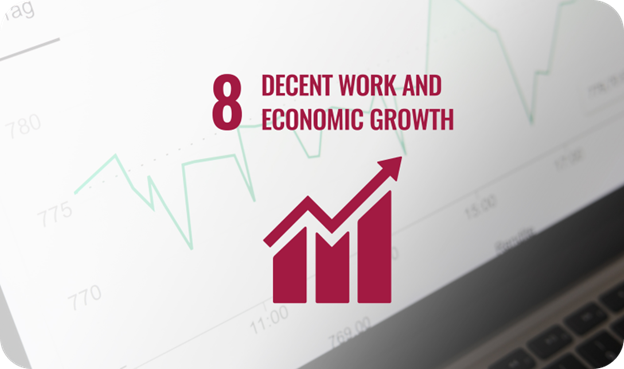2 January 2022
We are living in an era of disruption, in which tremendous global forces are radically transforming the way we live, work, and interact. The rise of emerging economies, the rapid spread of digital technologies, the growing challenges to globalization, and the splintering of long-held social contracts in some countries are all roiling business, the economy, and society. These and other global changes have created considerable new possibilities for those industries that effectively accept them, but the downside for others who are unable to keep up has also increased dramatically.
Our world is being transformed by powerful forces. Among other things, technological and information breakthroughs, human interconnectivity, automation, Artificial Intelligence, and network effects have produced a new world in which change is considerably faster, continuous, and ubiquitous. They're also evolving and mixing in unanticipated ways to have an even bigger influence than we thought.
The pace of change has accelerated. Furthermore, although in the past, disruptions were followed by periods of stability, change now is more constant, widespread, and exponential. To keep pace, we need to continuously innovate and adapt in order to remain competitive.
Disruption is not something to be afraid of — instead, it should be viewed as a chance to innovate, adapt, and thrive. We must learn to disrupt ourselves as well as the competition, collaborate to compete, conduct purpose-driven transformations, and seize the disruption's upside.





